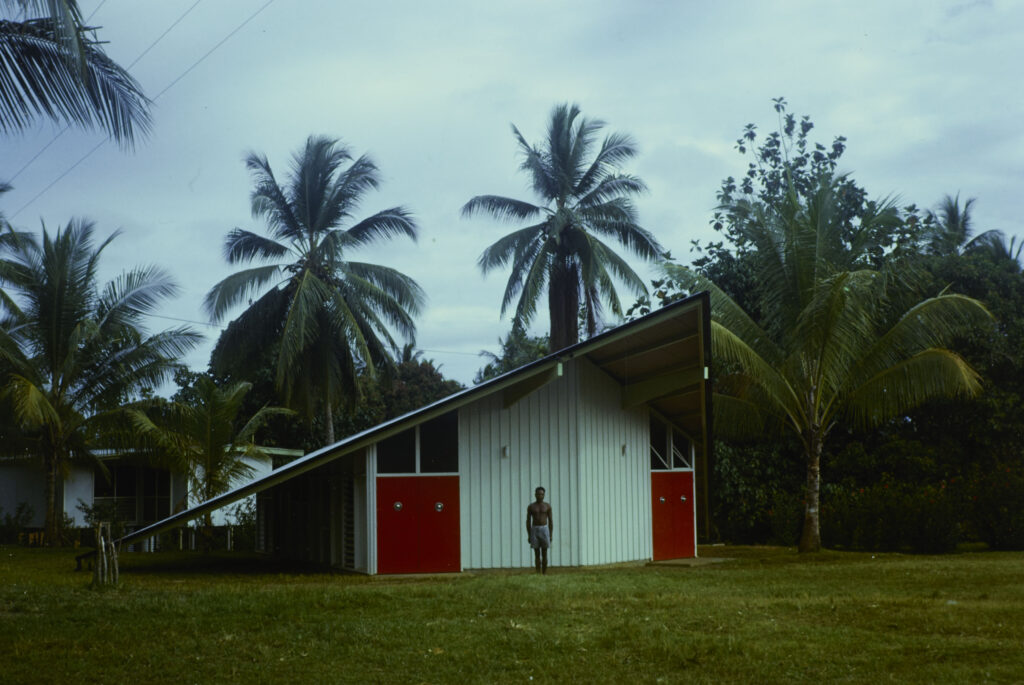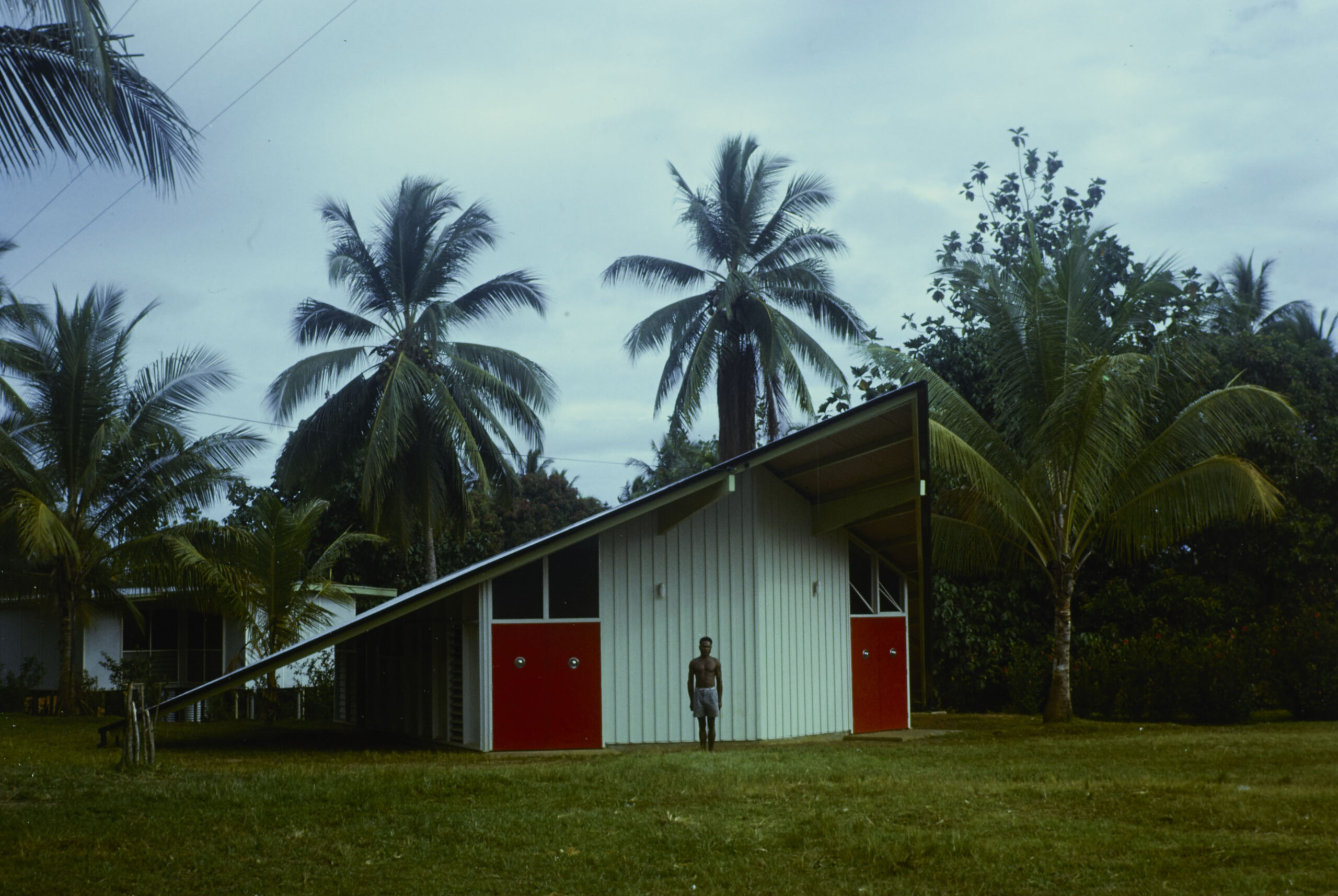
Papua New Guinea’s earliest formal court system dates back to the colonial era, when the Central Court of Papua and Magistrates Courts of Petty Sessions handled cases involving both expatriates and indigenous Papuans.
These courts operated under British and Australian colonial administration, with appeals often directed to the High Court of Australia or the Judicial Committee of the Privy Council.
The first official courthouse post-independence was established in Port Moresby, where the National Court House still stands today. This building became the central venue for the National Court and Supreme Court proceedings after PNG gained independence in 1975.
Papua New Guinea’s First Judges
Following independence, 13 expatriate judges served between 1975 and 1987. The first Chief Justice was Sir Sydney Frost, who served from 1975 to 1977. He was succeeded by Sir William Prentice (1977–1980).
In 1980, Sir Buri Kidu, from Pari village in Central Province, became the first national Chief Justice. His appointment marked a significant shift in the judiciary, emphasizing national leadership and legal sovereignty.
Chronological List of PNG’s Chief Justices
- Sir Sydney Frost (1975–1977)
- Sir William Prentice (1977–1980)
- Sir Buri Kidu (1980–1993) – First national Chief Justice
- Sir Arnold Amet (1993–2003)
- Sir Mari Kapi (2003–2008)
- Sir Salamo Injia (2008–2018)
- Sir Gibuma Gibbs Salika (2018–present)
Each Chief Justice has played a pivotal role in shaping PNG’s legal landscape, from constitutional interpretation to judicial reform and modernization.
The Waigani National Courts Complex
The Waigani National Courts Complex (WNCC) is a landmark development in PNG’s judicial infrastructure. Located on Independence Drive, Port Moresby, the complex is one of the largest and most sophisticated government-owned facilities in the country.
Key Features:
Cost: K450 million
Size: Over 25,000m²
Buildings:
- A 5-level Courts and Judiciary building with 14 courtrooms
- A 3-storey administration building
- A security arrivals building
Design: Incorporates woven concrete screens inspired by PNG’s billum bags, symbolizing cultural unity.
Functionality: Includes judge’s chambers, detainee cells, registry offices, and a ceremonial Banco Court that doubles as a conference facility.
Opening:
The complex is set to be officially inaugurated in September 2025, coinciding with PNG’s 50th Independence Anniversary. The transition phase includes ICT infrastructure setup, staff training, and operational readiness.
Where to Read More
- Post Courier – History of the Judiciary
- Post Courier – Seven Chief Justices
- Waigani Courts Project Overview – CostPlan Group
- Design Details – Peddle Thorp
- Official Opening Announcement – Info.gov.pg

